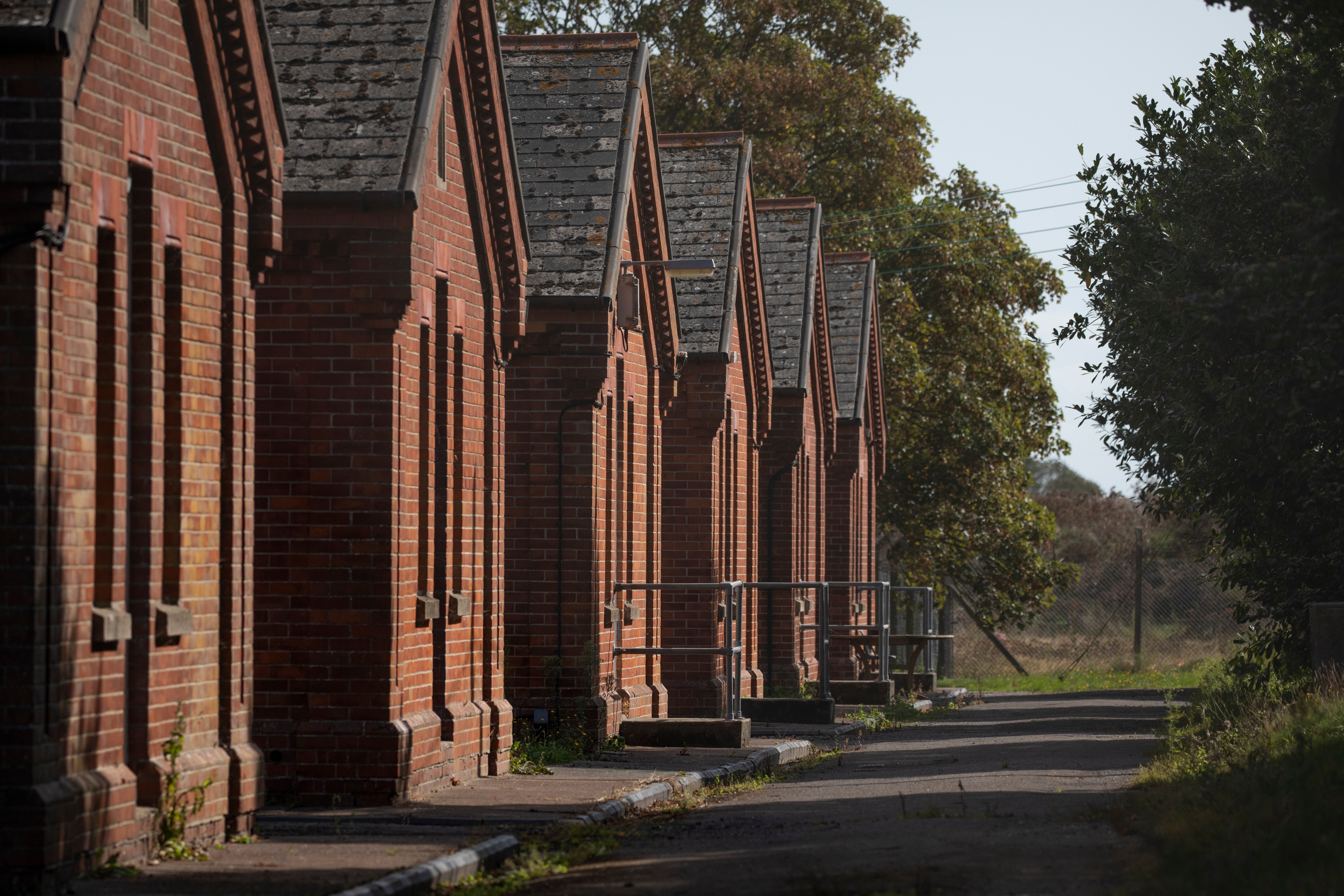‘Entirely inappropriate’: Bishops call on Home Office to end use of military barracks as asylum accommodation
Home secretary told housing refugees in military camps during pandemic 'nothing short of irresponsible'

Your support helps us to tell the story
From reproductive rights to climate change to Big Tech, The Independent is on the ground when the story is developing. Whether it's investigating the financials of Elon Musk's pro-Trump PAC or producing our latest documentary, 'The A Word', which shines a light on the American women fighting for reproductive rights, we know how important it is to parse out the facts from the messaging.
At such a critical moment in US history, we need reporters on the ground. Your donation allows us to keep sending journalists to speak to both sides of the story.
The Independent is trusted by Americans across the entire political spectrum. And unlike many other quality news outlets, we choose not to lock Americans out of our reporting and analysis with paywalls. We believe quality journalism should be available to everyone, paid for by those who can afford it.
Your support makes all the difference.Prominent bishops have called on the Home Office to end the use of military barracks as accommodation for asylum seekers, describing the practice as “irresponsible” and “entirely inappropriate”.
Thirty-five leading bishops from across the UK have written to the home secretary to express their concern about conditions in two Ministry of Defence (MoD) sites – Napier barracks in Kent and Penally training camp in Pembrokeshire – which were repurposed for asylum accommodation last September.
The letter, seen by The Independent, states that during a global pandemic it is “nothing short of irresponsible” to house people in the camps, where residents have been required to share dormitories with more than 20 others.
Expressing “extreme concern” at the situation, the signatories warn that, even as a temporary measure, military facilities are "entirely inappropriate” for use as asylum accommodation.
Ministers have come under mounting pressure over levels of safety and access to legal advice and healthcare in the two camps, which are housing hundreds of people. A Covid outbreak at Napier barracks last month led to a ban on residents leaving the site, with more than 120 people having since tested positive.
Despite this, immigration minister Chris Philp has denied that using former army barracks as asylum accommodation is problematic. When challenged over Covid safety at Napier Barracks on Monday, he claimed the facility was “appropriate and suitable” to house asylum seekers.
The bishops say they appreciate the “unprecedented pressures” ministers are facing to provide accommodation to those who are awaiting a determination of their status, but call for a “long-term, sustainable action plan” to be put in place to secure “suitable, dignified” dispersal accommodation.
“We ask that the government continue to work constructively with local authorities, devolved administrations and support organisations to secure sufficient and appropriate dispersal accommodation in local communities and to end the use of barracks as a matter of urgency,” it states.
Bishop of Durham, Rt Revd Paul Butler, told The Independent: “The breadth of support from across the wider church in England and Wales demonstrates the strength of opinion on this pressing issue. How we decide to welcome asylum seekers on their arrival to the UK speaks volumes on who we are as a nation."
It comes after The Independent revealed that the Home Office’s Equality Impact Assessment of it plans to use the military sites for asylum housing stated that placing asylum seekers in better accommodation would “undermine public confidence” in the system.
Immigration compliance minister Chris Philp said: “These sites have previously accommodated army personnel and it is wrong to say they are not adequate for asylum seekers. We provide safe, warm, secure accommodation with three nutritious meals served a day, all paid for by the taxpayer.
“Asylum seekers are screened before being placed in asylum accommodation for vulnerabilities and safeguarding issues and if necessary and appropriate, will be placed in alternative accommodation.”



Join our commenting forum
Join thought-provoking conversations, follow other Independent readers and see their replies
Comments